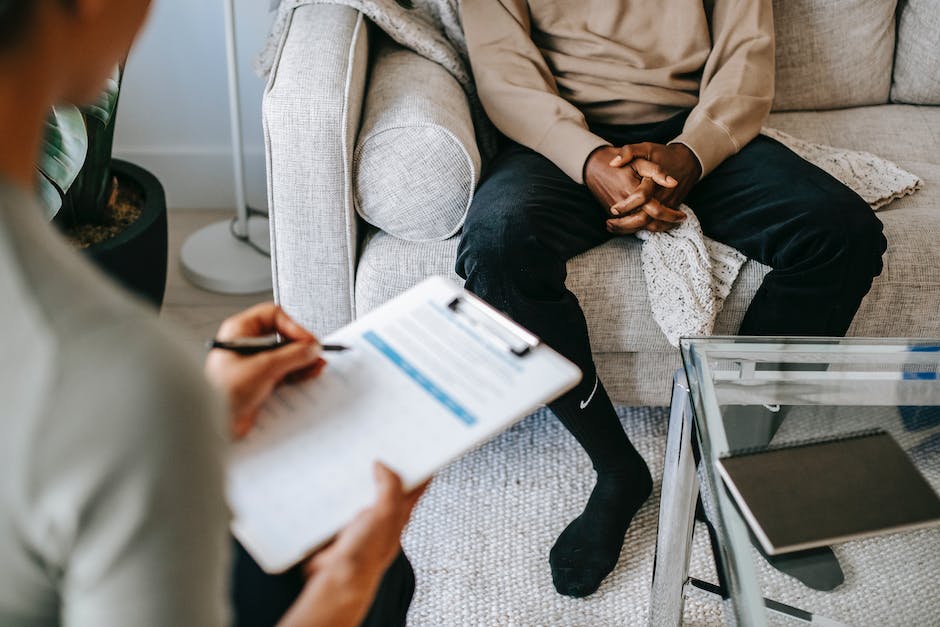How Affirmations Helped Me
I have discussed at length in this article how affirmations work, why they work, and some of their applications. Now it is time to discuss one of my all-time favorite ways to use an affirmation for weight loss.
I will go into more detail about this application later on in this article but first let’s talk about what makes this technique special.
This unique application uses your dreams as proof material for your new afferm. By studying your dreams, you get insights into your subconscious mind and how it works.
By using our dreams as evidence, we can learn a lot about ourselves. This has important implications when it comes to weight loss because it helps identify weaknesses and strengths of self-image.
Furthermore, by analyzing dreams, you can also find out more about your emotional state and what issues are bothering you at that moment in time. All of these things help us understand ourselves better and form strong internalized beliefs.
There are several reasons why this dream analysis technique is so powerful. One being that most people don’t remember half of their dreams.
We usually only recall small snippets or vague images which doesn’t give us very much information. Also, there are many theories as to what happens after we wake up in bed.
Some say dreams occur before we fall asleep while others believe they happen during sleep.
I began to believe in myself

A few years ago, I would never have imagined that one day I would feel confident about almost everything – including my own life. My self-confidence had hit rock bottom.
I thought it was impossible to change how I felt about myself, so I didn’t try. But then something strange happened. One morning, I woke up without feeling depressed or hopeless about my personal life.
Instead of getting angry with myself for not being happier, I decided to make a positive affirmation about myself. And suddenly, I was happy!
It was like a switch got flipped inside me. Before, I could never seem to find enough reasons why people should think well of me, but now I couldn’t stop thinking of all the wonderful things that I do know how to do.
And since I started believing in these new truths about myself, my confidence has gone through the roof. It’s easy to see how affirmations worked by comparing your current state of mind with what it was like before you made the changes.
You will certainly notice differences after making an affirmative statement about yourself, whether you’re talking about self-esteem, motivation, or faith in yourself. Give this simple tool a chance — I guarantee you won’t be disappointed.
I stopped trying to be perfect
For years, I would make myself feel bad for making mistakes or not being able to do something as soon as someone else could.
I would compare my work with others’ work and get discouraged because it wasn’t good enough. Or I would think about all of the things that I couldn’t do yet and then doubt whether I really wanted to pursue my dreams.
By breaking down these barriers, affirmations helped me transform how I view myself. They have taught me that I am worthy, smart, talented, and capable.
They also help me keep learning and growing, which is what I want to do now.
So, before you start telling yourself anything other than positive messages, here are some tips for using affirmations effectively.
Affirmation tips
Make your affirmation simple and short. A one-line statement will probably be easier to say and check out more quickly too!
Long affirmations can become very long to read and even harder to remember.
You don’t need to use the whole thing every time, so try coming up with a few key words or phrases that relate to your current goal. This way you can easily refer back to them when needed.
Start by reading over the statements above and see if any give you inspiration. Then, write your own new affirmations based on those parts you like.
I embraced who I am

A few years ago, I couldn’t stand myself. I would constantly compare my appearance to that of “other people” or to what I thought I should look like.
I would obsess over every little thing about me and then feel even worse about it.
It was an endless cycle that repeated itself throughout the day.
On top of that, I felt very insecure about some parts of my body – my thighs being one example.
I would either worry about how thin they were or if people could tell that they were fat due to my clothes.
My self-esteem was non-existent and I didn’t know why. It made going through everyday things really difficult.
A lot of times, I wouldn’t talk to anyone because I wasn’t sure whether they liked me or not. This only made me feel more depressed and lonely.
In fact, I barely left the house for weeks at a time. My sleep was seriously suffering as a result.
Something needed to change so I did something crazy.
I read up on the opposite psychology theory called cognitive behavioral therapy (CBT).
This teaches you to be aware of your thoughts and beliefs and use them to influence your behavior.
By changing the way you think and perceive yourself, your mental state can be altered.
That is exactly what I tried with CBT.
I focused on my positive qualities

For years, I would make very limited attempts to believe that I was good enough or did enough things well to like myself. If I ever felt happy with what I had done, I would quickly erase those feelings because I knew I could do better next time.
I spent most of my life feeling bad about me and then trying even harder not to feel bad about me. It’s a vicious cycle that doesn’t work!
It’s one of the main reasons I got into an argumentative relationship with my inner self for so long. My subconscious mind needed to be worked on, but instead it just grew more insecure and needy.
After all this effort, I still didn’t know how to love myself. I only knew how to fake it until I wasn’t. — Esther Pearlstein
Fortunately, I discovered some helpful strategies in mental health counseling. They helped me realize that I already have lots of qualities that make me worth living and loving.
My therapist taught me to focus on my many strengths rather than my weaknesses. He encouraged me to appreciate my own personal achievements, such as saving money by learning how to bake delicious desserts or writing down thoughts in a notebook.
This is called developing internal strength through recognition of your efforts and rewards. You can also develop external strength by encouraging others to share their accomplishments with you.
By changing his approach, my counselor helped me change my view of myself.
I became a better version of myself

A few years ago, I was struggling with my career as a freelance writer. I had hit a wall – writing for me was research and then brainstorming ideas to re-write or edit existing material. Productivity would plummet when I needed to take a break to think about what topic I should write next.
I tried everything – from taking up new hobbies to changing how I organized my work space – nothing seemed to help. Myself being my biggest obstacle.
A couple of months before our one year wedding anniversary, I finally made an effort to do something that I have always wanted to do but never got around to – affirmations.
Affirmations are positive statements you say out loud (for example, “My perfect marriage will happen in ____ days”) to create a change in perception or attitude. The way I see it, why not use this tool to improve your life?
So I did.
I stopped trying to change others

A few years ago, I would constantly try to motivate my friends or talk them into doing something. If they didn’t agree with me, I would get very angry.
I would feel like they didn’t appreciate how hard I was working to help them, and that made me unhappy. So instead of motivating them, I gave up and started avoiding people who wouldn’t do what I asked.
It wasn’t healthy for me or them. Luckily, I eventually realized that most people don’t need much motivation to do their jobs. They’ll find things to be passionate about, and once you figure out which ones these are, you can go after those things and earn their respect.
With this new approach, I got rid of my anger and gained more trust in other people. It’s now easier to put myself out there and interact with people, because I know I won’t make a big deal of everything they do.
I learned to be happy for others

A few years ago, I noticed that when my boss would get promoted or receive an award, he would often invite all of his colleagues to join him in celebrating with a lunch event. He would ask everyone to come, but only people who wanted to attend would show up.
He would keep asking until he got enough people to make the event happen. This made me wonder if he was trying to motivate those around him by telling them about the events that he planned to host, or if he just needed more motivated employees.
It also made me think about how some people seem to have it easy and are not as stressed out as they should be. They may enjoy their job less than you do, because they feel like they are never getting ahead.
This made me want to start using affirmations to help me deal with my stress.
I practiced meditation

Meditation is a practice that has many benefits. Not only does it reduce stress, but it also increases happiness.
It works by altering your perception of time. Rather than thinking about what you have to do next, you instead focus on what you are doing now.
You become more aware of yourself and the space around you. This way, your mind becomes less focused on external things and you can begin to address the internal issues that may be causing stress or dissatisfaction.
Having a regular meditation routine is one of the most important things you can do for your mental health. Luckily, there are several easy ways to start practicing. You do not need to spend hours every day doing it either. Even ten minutes of mediation each week will help!
I began meditating in my early twenties. It was difficult at first because I would forget how to close my eyes. But as I continued, I learned how to relax my muscles and settle down.
Now I make myself sit still for twenty minutes once a week. Sometimes I use a guided meditation, sometimes I just breathe slowly and deliberately. No matter which type I choose, I feel relaxed after.
Practice daily affirmations. Addressing negative thoughts with positive statements is an effective technique to learn.